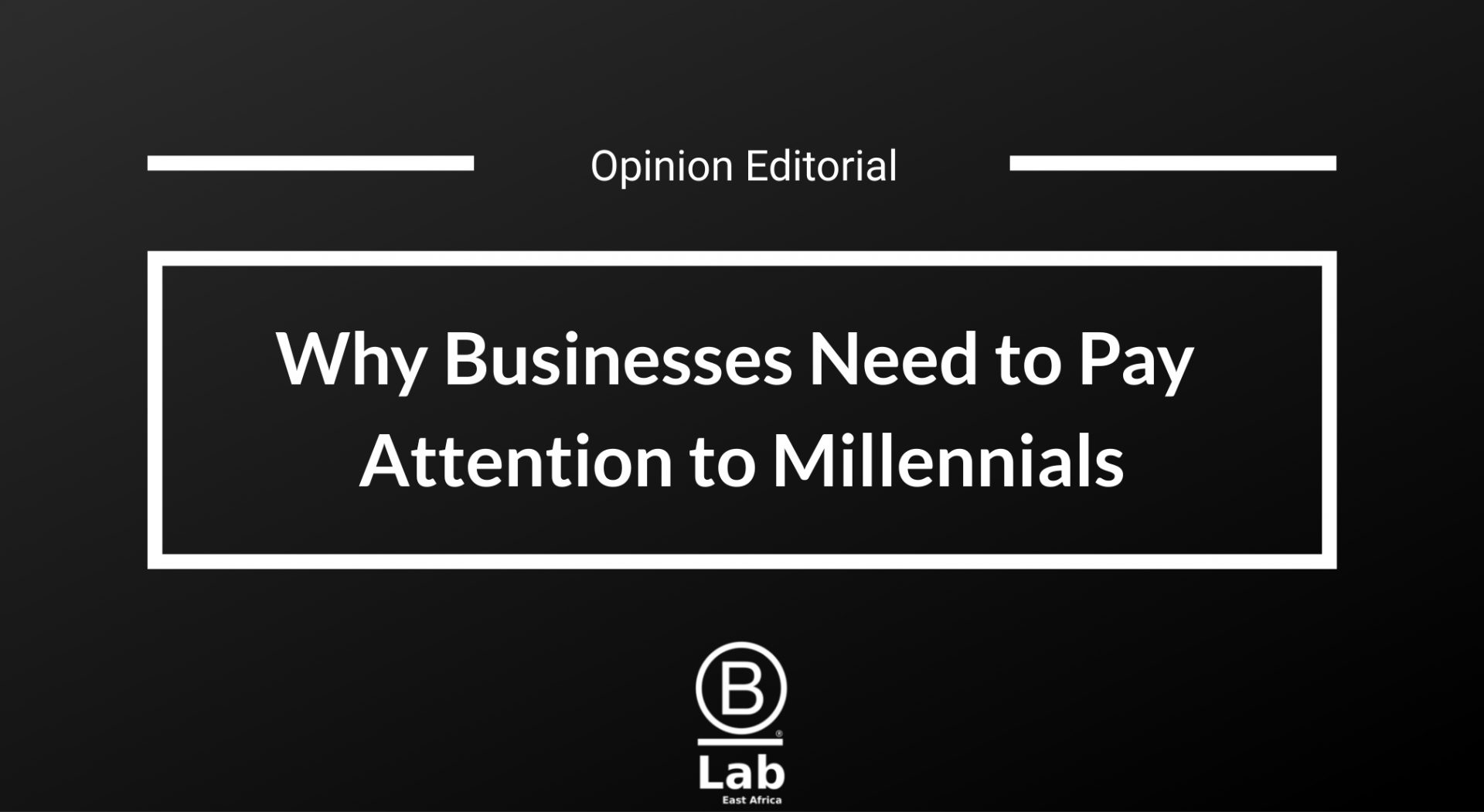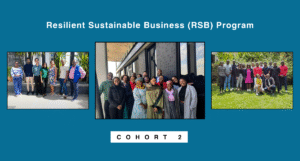Though social impact is not a new concept, it is moving closer to the forefront of corporate concerns as social responsibility becomes a priority for consumers. Today’s customers are demanding that companies practise good and ethical business that goes beyond lip service. The majority of these consumers are Millennials who make up the fastest growing workforce.
Young consumers are starting to care about their mental health and well-being, and contributing to the socio -economic development of their communities; all while conserving the environment. With the digital revolution, Millennials have been exposed to technological advances, increased levels of transparency, and demographic shifts making them more aware of business ethics and practices than any other generation. Today’s Millennials share a growing view that businesses have no ambition beyond wanting to make money; and only focus on their own profit-making agenda without putting to consideration how that might affect the wider society and the environment.
This also evident with employment trends. Todays job seekers are now demanding that employers enshrine good values and ethics in their business models. Ignoring the views of the next generation means closing yourself off to two thirds of the young talent pool.
It’s not surprising therefore that companies of all sizes are eager to start aligning their businesses to good values and ethical policies and practices.
Millennials are starting to also align with their senior leadership teams with respect to increasing efficiency, ensuring organizations’ long-term futures and continuous improvement to be purposeful businesses. Aside from that they also share their leaders’ sense of priority over:
- Investing in growth and driving business initiatives;
- Dealing fairly with suppliers;
- Good and fair employment practices;
- Making a positive impact on customers; and
- Developing climate friendly products and services.
This new generation is, without a doubt, in broad alignment with senior executives on initiatives that support long-term success of the business and all stakeholders: workers, customers, communities and the environment.
Don’t be swayed. Millennials are not anti-profit and recognize profit making as a vital component of business success. They would simply shift the emphasis away from short-term profit maximization, and focus on balancing purpose with profit.
For businesses that want to stay competitive in the hiring market, the first thing to know is that Millennials are not looking for the same things from their employers that the boomers were. That means your organization will have to evolve and innovate in order to stay relevant, attract quality employees and retain top performers in the new Millennial marketplace. In other words, millennials want to be active participants in the social development and purpose of the companies they work for. They want to share goals and values with their employer and be able to contribute ideas and solutions to help the company balance purpose with profit. Businesses that build a workplace culture around these ideals will be rewarded with highly engaged, enthusiastic and invested employees.
Businesses with a strong social purpose make intentional day-to-day decisions that support their social and environmental commitments and embed these purpose-driven practices into their governance structures. This way the company is aligned from the front line to the C-suite; even with leadership changes.
Social purpose is definitely taking hold of businesses globally; and giving rise to a new breed of businesses known as B Corps. By harnessing the power of good business, B Corps use profits and growth as a means to a greater end: positive impact for their employees, communities, and the environment. These businesses are redefining business success by working towards reduced inequality, lower levels of poverty, a healthier environment, stronger communities; and the creation of more high-quality jobs with dignity and purpose; all while still making a profit. In fact, this also increases their chances of attracting funding opportunities as investors are more inclined to put their money to advance purposeful businesses.





